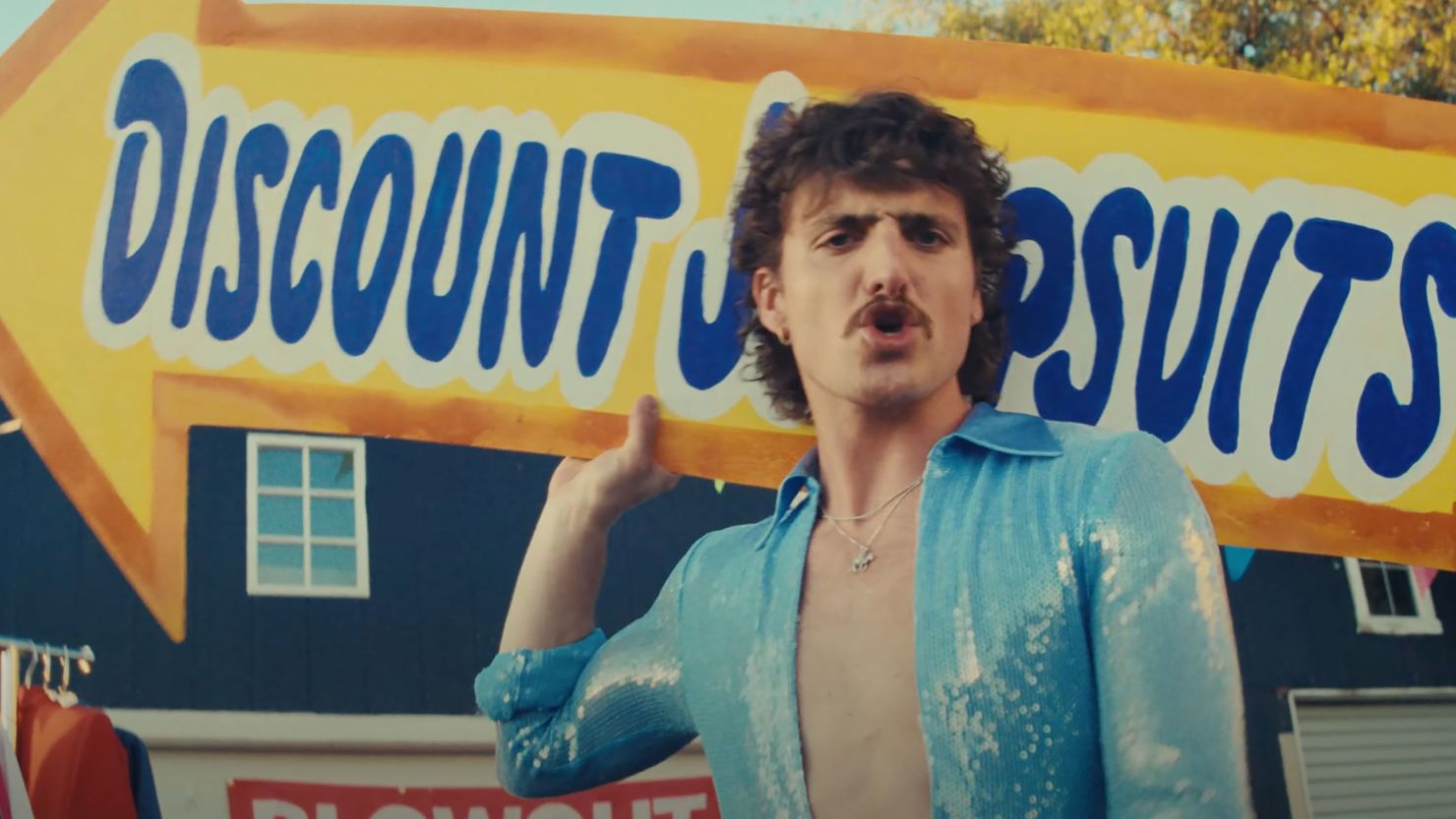Richard Boone: The Enduring Legacy Of A Hollywood Icon
In the annals of Hollywood history, few actors commanded the screen with the raw intensity and unforgettable presence quite like Richard Boone. An American actor and director whose career spanned over four decades, Boone captivated audiences with his distinctive voice, piercing gaze, and unparalleled talent. From the dusty trails of the Old West to the dramatic intensity of his diverse film roles, Richard Boone carved out a unique niche, leaving an indelible mark on both television and cinema.
Born in Los Angeles, California, Richard Allen Boone was destined for a life in the spotlight, though his path was anything but conventional. His journey from a privileged upbringing to becoming one of the most recognizable faces in entertainment is a testament to his dedication, versatility, and sheer force of personality. This article delves into the remarkable life and career of Richard Boone, exploring the milestones, the memorable performances, and the lasting impact of an actor who truly defined an era.
Table of Contents
- A Life in Lights: The Biography of Richard Boone
- Personal Data: Richard Boone at a Glance
- Early Life and Formative Years
- Service to Nation: World War II and Beyond
- Breakthrough on the Small Screen: From 'Medic' to Stardom
- The Iconic Paladin: 'Have Gun – Will Travel'
- Beyond Paladin: Richard Boone's Diverse Filmography
- The Richard Boone Show: An Ambitious Venture
- Directing and Later Career
- Personal Life and Family
- The Enduring Legacy of Richard Boone
A Life in Lights: The Biography of Richard Boone
Richard Allen Boone, often affectionately known as Dick Boone, was a towering figure in American entertainment. Born on June 18, 1917, in Los Angeles, California, his life would unfold against the backdrop of a rapidly evolving Hollywood. The son of a wealthy corporate lawyer, Kirk Etna Boone, and Cecile Lillian (Beckerman), Richard's early life was marked by privilege, yet he sought his own path, one that would lead him far from the legal profession his father excelled in. His journey into acting was not immediate; it was a path forged through life experience, military service, and dedicated study, culminating in a career that saw him portray over 50 leading roles and become a household name.
Boone’s career, spanning over four decades, was characterized by an incredible range and a commitment to his craft. He was not just an actor but a director, bringing his unique vision to various projects. His roles were often complex, embodying characters that were both formidable and deeply human. Whether as a hero, a villain, or something in between, Richard Boone brought a gravitas and authenticity to every performance, ensuring his place as one of the most respected actors of his generation. His distinctive features and commanding voice made him instantly recognizable, allowing him to leave an indelible mark on the landscape of American entertainment.
Personal Data: Richard Boone at a Glance
To fully appreciate the man behind the iconic roles, here is a quick overview of Richard Boone's key personal details:
| Attribute | Detail |
|---|---|
| Full Name | Richard Allen Boone |
| Also Known As | Dick Boone |
| Date of Birth | June 18, 1917 |
| Place of Birth | Los Angeles, California, U.S. |
| Date of Death | January 10, 1981 |
| Place of Death | St. Augustine, Florida, U.S. |
| Height | 6' 0" (183 cm) |
| Parents | Kirk Etna Boone (father), Cecile Lillian Beckerman (mother) |
| Spouse(s) | Jane Hopper (m. 1937; div. 1940), Mimi Kelly (m. 1949; div. 1950), Claire McAloon (m. 1951) |
| Child(ren) | Peter Boone (son, born August 22, 1953) |
| Occupation | Actor, Director |
| Years Active | 1949–1981 |
| Notable Roles | Paladin in 'Have Gun – Will Travel', various Westerns |
Early Life and Formative Years
Born into a life of comfort, Richard Boone's early years were shaped by his family's standing in Los Angeles. His father, Kirk Etna Boone, was a highly successful corporate lawyer, providing a stable and affluent environment. Despite this background, Richard did not immediately gravitate towards a conventional professional career. He attended Stanford University, a prestigious institution, but notably left before completing his degree. This early departure hints at a restless spirit and a desire to forge his own path, distinct from the academic and legal world his family inhabited. His decision to leave Stanford suggests an early inclination towards unconventional pursuits, a trait that would later define his acting choices.
Before fully committing to acting, Boone experienced various facets of life. These formative experiences, though not explicitly detailed in the provided data beyond his education and later military service, undoubtedly contributed to the depth and realism he would later bring to his characters. The breadth of his life experience, prior to stepping onto the stage, likely provided him with a rich well of emotions and observations to draw upon. His journey was one of self-discovery, leading him eventually to the stage and screen, where his natural talent and powerful presence would truly shine. This period of exploration was crucial in shaping the versatile and nuanced performer he would become.
Service to Nation: World War II and Beyond
A pivotal period in Richard Boone's life was his service during World War II. In 1941, Boone joined the United States Navy, demonstrating a profound commitment to his country during a time of global conflict. He served with distinction on three ships in the Pacific theater, experiencing combat firsthand. His roles during this period were varied and challenging, including serving as an aviation ordnanceman, aircrewman, and even a tail gunner on Grumman TBF aircraft. This direct exposure to the realities of war likely deepened his understanding of human nature, resilience, and the complexities of life and death, qualities that would later infuse his acting performances with remarkable authenticity and gravitas.
Upon his return from the war, Boone leveraged the G.I. Bill, a program designed to help returning veterans pursue education, to study acting. He enrolled at the renowned Actor's Studio, a highly influential acting school known for its emphasis on method acting and intense character study. This decision marked a definitive turning point, signaling his serious commitment to a career in performance. His rigorous training at the Actor's Studio honed his natural abilities, providing him with the techniques and discipline to translate his life experiences into compelling on-screen portrayals. This period of intense study was instrumental in developing the formidable acting prowess for which Richard Boone would become known.
Breakthrough on the Small Screen: From 'Medic' to Stardom
While Richard Boone would achieve his greatest fame in Westerns, his early television career was marked by a significant role in the medical drama 'Medic'. This series provided him with an early platform to showcase his dramatic range, allowing him to delve into complex characters facing life-or-death situations within a hospital setting. 'Medic' was instrumental in establishing him as a serious actor capable of carrying a lead role, paving the way for his eventual breakthrough into superstardom. His portrayal of Dr. Konrad Styner in the series demonstrated his ability to convey both authority and empathy, a combination that would become a hallmark of his performances.
His compelling performances in 'Medic' garnered significant attention, setting the stage for what would become his most iconic role. It was clear that Boone possessed a unique screen presence, a blend of intensity and nuanced emotion that resonated deeply with audiences. This early success on television demonstrated his versatility and capacity to command attention, qualities that would soon be fully unleashed in a genre that would define a significant portion of his career: the Western. The critical reception of 'Medic' solidified his position as a rising star, ready for even greater challenges.
The Iconic Paladin: 'Have Gun – Will Travel'
In 1957, as classic TV Westerns dominated the airwaves and shows like 'Gunsmoke' reigned supreme, Richard Boone presented viewers with a hero of the Old West unlike any other: Paladin in 'Have Gun – Will Travel'. This role would become synonymous with Richard Boone, cementing his status as a television legend. As the sophisticated, highly educated, and morally complex hired gun, Paladin stood apart from the typical cowboy archetypes, captivating audiences with his unique blend of intellect, wit, and deadly efficiency. He was a man of contradictions, a cultured gentleman who could navigate the roughest frontiers with ease.
A Different Kind of Western Hero
Paladin was not your average gunslinger. He was a man of refined tastes, residing in a luxurious San Francisco hotel, enjoying opera and fine dining, yet always ready to answer a call for help from those in distress. His iconic business card, featuring a chess knight and the words "Have Gun – Will Travel, Wire Paladin, San Francisco," became instantly recognizable. Richard Boone hosted the series and starred in about half of the episodes, bringing a depth and gravitas to the character that elevated the show beyond a simple Western. He portrayed Paladin with a quiet authority and a keen sense of justice, making him a compelling and

Benson Boone Pokes Fun at Haters and 'One Hit Wonder' Criticism in 'Mr

Benson Boone says Katy Perry told him quitting ‘American Idol’ was ‘the

Benson Boone, still rocking that skintight jumpsuit, drops new ‘Mr